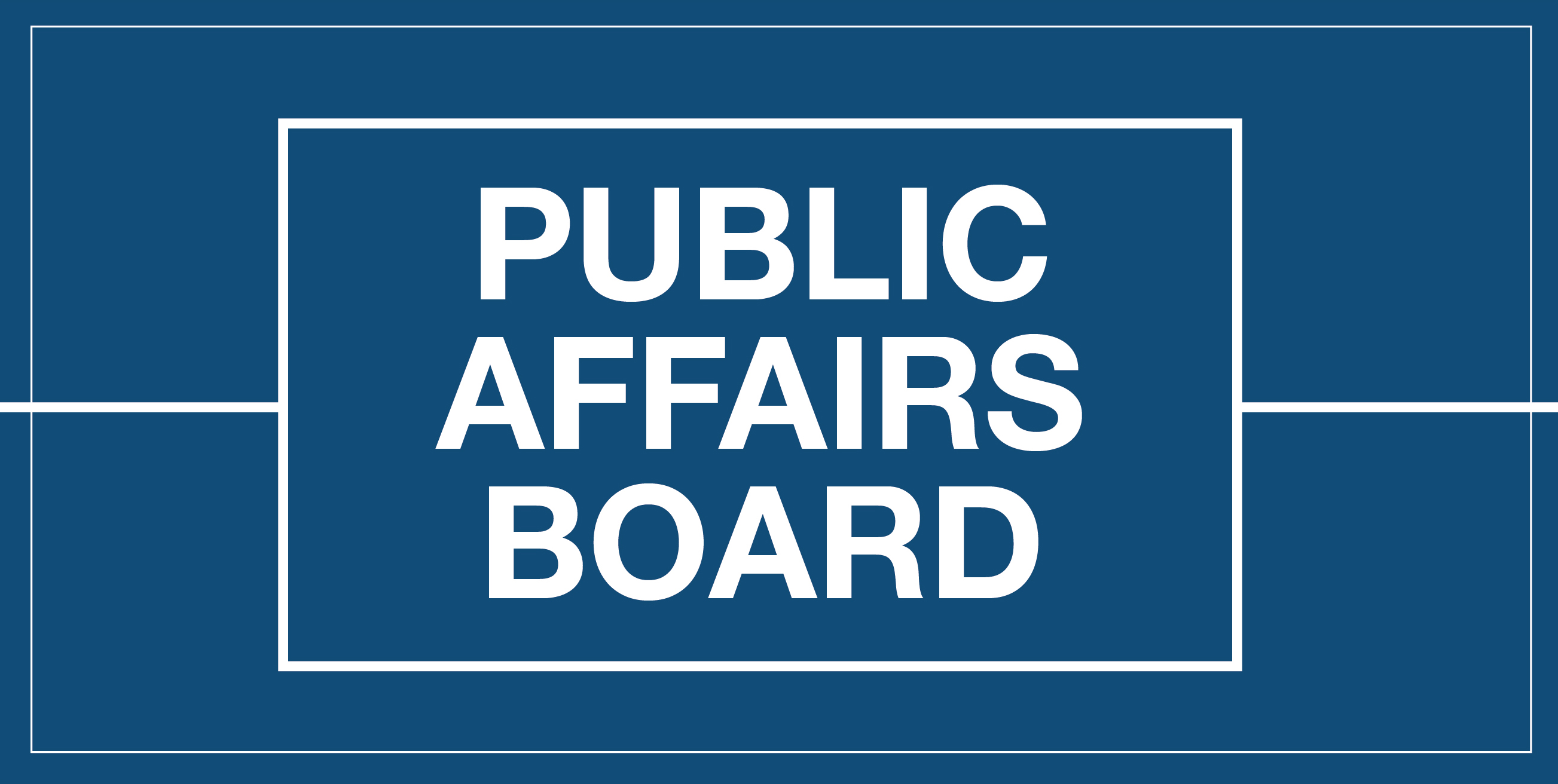Rail contributes £43 billion a year to the economy. It brings communities together, moves goods across the country and allows businesses to thrive. With demand for rail passengers doubling over the past twenty years, it is important for the industry to engage with politicians and policy makers from across the political spectrum.
RIA works to represents the rail sector to key decision makers and influencers, highlighting issues of importance to our members, campaigning for sectoral growth and showcasing the value of rail to the UK.
We regularly engage with Parliamentarians in Westminster, with devolved administrations and regional bodies and with EU representatives in Brussels.
Read our RAIL2050 Manifesto
Key Issues
In September 2021,
RIA published The Economic Contribution
of UK Rail as an update to the first report, published in February 2018.
This
ground-breaking report, developed by independent researchers Oxford Economics,
found that UK rail:
- Contributes
over £43bn annually to the UK economy (a greater economic impact than the food,
drink and tobacco manufacturing and the chemical and pharmaceutical
industries);
- Provides
around 710,000 jobs (employing more people than the entire workforce of
Birmingham);
- Generates
£14bn annually in tax revenue; and
- Generates
£2.50 of income from every £1 spent on the rail network.
Read the full report here
In November 2022, RIA published 'The Economic, Environmental, and Social Opportunities that Rail Brings to the UK' report, published by independent researchers Oxford Economics, shows how UK rail has the potential to deliver a wide range of benefits to passengers, commuters, job-seekers, and the environment. This report was released as a supplementary to the previous two, and takes evidence from across the globe to showcase the wider benefits that rail brings to the UK.
Read the full report here
‘Boom and bust’ funding in the rail industry is having a
significant detrimental effect on the supply chain, leading to redundancies and
recruitment freezes, reductions in investment, threatening the ability of SMEs
to survive and adding up to 30% to rail industry costs.
RIA believes that the current five-year Control Period
funding system should be improved to smooth to stop ‘boom and bust’, whilst
ensuring there is not a return to annualised budgeting.
Find out more
Electrification remains the optimal form of traction for an
intensely used railway, as it has a number of benefits, including costing less
in the long term, reducing journey times, producing less wear on the track and
being more environmentally friendly.
In 2017, the Government halted a number of electrification schemes due to cost overruns. RIA's Electrification Cost Challenge report, published in March 2019, shows how the cost of electrification can be reduced by up to 50% in comparison with some past projects.
RIA urge the Government to develop a ten year rolling programme of electrification that allows the sector to build up expertise and capabilities, in order to deliver efficiently. By doing so, we can achieve the Government's aim of decarbonising the rail network by 2040.
Find out more
RIA continues to support HS2 and East West Rail, but we also seek
to ensure support is maintained for Northern Powerhouse Rail, Midlands Rail Hub
and Crossrail 2 – all of which will provide significant economic boosts across
the UK as well as improving connectivity and capacity. We aim to gain political support for major rail projects through our lobbying work and thought leadership.
The post-Brexit landscape poses a number of challenges and opportunities for
the rail industry.
Challenges include the
need for certainty on whether rail standards will be harmonised, diverged,
or a mixture of the two, ensuring there is continued access to certain a
skilled workforce and avoiding any overly bureaucratic tariff or non-tariff
barriers, which could cause border delays for exporting suppliers.
The main opportunity is the role of rail in trade deals.
Given the size and strategic significance of rail to UK plc it is important the
rail sector is included in – and takes advantage of – trade deals when the
Department for International Trade negotiates with non-EU and EU countries. RIA is working to ensure that the UK rail supply chain is represented in FTAs agreed with other countries, such as Australia, India and the Gulf Cooperation Council (GCC).
We are also monitoring the EU legislation being sunsetted by the UK Government, and keep members informed of important updates.
Find out more
The Government has moved the decision-making process for rail infrastructure improvements, known as enhancements, to a new pipeline approach, where individual projects progress through different stages before coming to market. This is known as the Rail Network Enhancements Pipeline (RNEP), which was last published in 2019.
The UK rail network needs enhancements to increase rail capacity, improve journey times, and generate further economic growth. The Government also has goals to decarbonise the rail network, which can only be achieved through enhancement projects. Suppliers also need good visibility of upcoming events - and the RNEP has not been updated by the Government since its publication in 2019.
In October 2021, RIA published their own 'updated' version of the RNEP, based on publicly available information, to give some understanding of enhancement projects to its members. The trade association has analysed all 58 projects included in the original RNEP and given each one a red, amber or green rating.
Find out more
Our Commitment to
Ethical Lobbying
RIA is fully committed to ethical and transparent lobbying
and is a member of the Public Affairs Board of the Public Relations Consultants Association (PRCA).
All RIA employees involved in lobbying activities have signed the Public Affairs Code and attended training sessions.

Find out more
RIA is also on the European Commission Transparency Register and list all members on our Public Affairs & Comms Network (PACN) here.